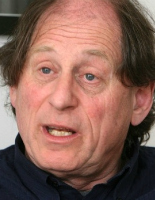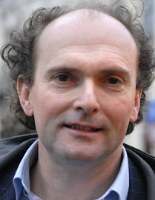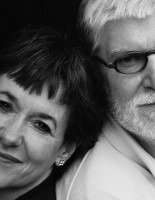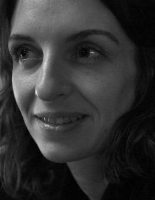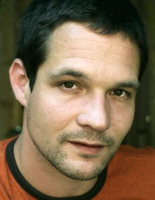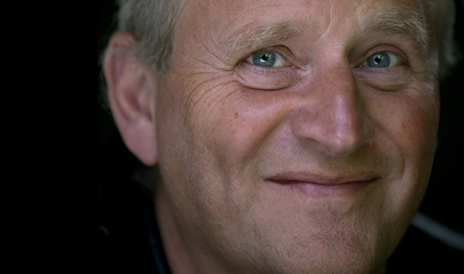
Herman Koch
- Zhu Wen in conversation with Herman Koch
Date: Fri 2 September Time: 03.30 pm Venue: BIBF - Café Amsterdam VI: Six revelations
Date: Sun 4 September Time: 7:00 pm Venue: le Café, UCCA
Life and work
Herman Koch (b. 1953) made his debut with the story collection De voorbijganger (‘The Passer-by’, 1985) in which the protagonists are misunderstood loners struggling with their surroundings. His first novel, a huge success, was Red ons, Maria Montanelli (‘Save Us, Maria Montanelli’, 1989), a mixture of confession and tirade, in the style of Salinger, about a victim of Montessori education and the swank of South Amsterdam. In his subsequent novels he developed into an ironic-realistic writer relating dramas worth telling. His central characters are burdened by their empty existence, they feel unjustly treated and search for a way out either through other people’s stories (Eindelijk oorlog / ‘War At Last’, 1998), a temporary stay abroad (Eten met Emma / ‘Eating With Emma’, 2000) or dangerous friendship (Odessa Star, 2003). In Denken aan Bruce Kennedy (‘Thinking of Bruce Kennedy’, 2005) Koch found his form: the tragicomedy. Het diner (‘The Dinner’), published in 2009, is his most successful novel to date. This story of a father wanting the best for his child unfolds like a tightly directed family drama with black edges, in which at every turn a little more of the underlying reality is revealed. How far will the father go to protect his son after he finds out what terrible thing the boy has done.
Het diner
Four people. One dinner. An unavoidable decision. The story of a father wanting the best for his child unfolds like a tightly directed family drama with black edges, in which at every turn a little more of the underlying reality is revealed. How far will the father go to protect his son after he finds out what terrible thing the boy has done? Far, is the answer.
In the most congenial of settings, a sumptuous dinner for two brothers and their wives at a fashionable establishment in the capital, knives are sharpened. They are meeting to discuss what to do about their fifteen-year-old sons, partners in crime. During the diner the dissatisfactions and frustrations that have smouldered for years rise to the surface. Paul Lohman, a history teacher who’s taken early retirement, is full of aggression, both towards the restaurant with its pretentious food and service, and towards his brother, Serge Lohman, the popular politician whose ambition is to become premier of the Netherlands in the forthcoming elections.
With Het diner, which went straight to the top of the Dutch bestseller lists, Koch has hit the right note. His fast, lucid and tart style is perfectly tailored to the story’s telling. As he remarked in an interview about what his novels have in common: ‘If you can manage to capture the exact tone, you really already have the DNA of the whole book.’
Translation in Chinese
- Koch, Herman. [Het diner] Chinese. Shanghai: Shanghai 99, in preparation.
